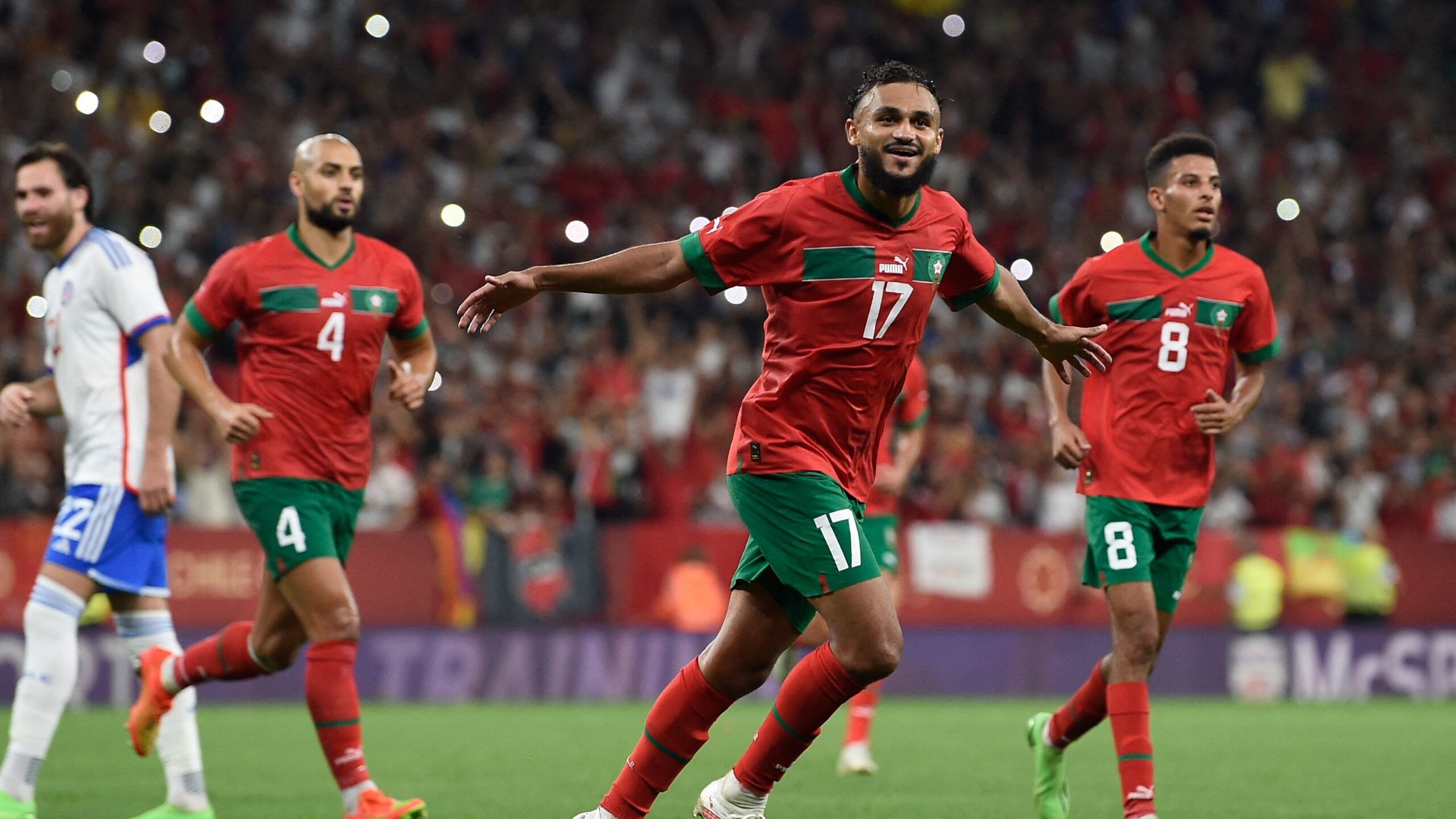I had always believed that Korea – Japan 2002 was the most memorable edition of the World Cup my generation has witnessed, but the spectacles in Qatar are an invitation to revisit this claim. Some of the seeming miracles that dazzled us in Japan and South Korea are being replicated in Qatar, and the road to the finals points to an outcome we would’ve dismissed as wishful thinking if we had not seen the favoured underdogs at work, demystifying the highest-ranking football teams certified by FIFA.
The opening match of Korea – Japan was a shocker, the Teranga Lions of Senegal devouring the defending champion—France. In Qatar, France returned as a defending champion, and Tunisia, which, unfortunately, didn’t make it out of the knockout stage, replicated Senegal’s feat to stun the world. France’s loss so far in Qatar was to the undermined North African team—and Karim Benzema must’ve expressed the same shock Zinedine Zidane did in 2002. Both stars were the buzz of the football world and nursing injuries when France lost, even though Zidane would go on to rejoin his team in the tournament.
The 2002 World Cup is remembered fondly because that’s probably the closest countries other than the usual European and American footballing powers ever got to winning the World Cup, ending up as second and third runners-up. This was when Turkey, and the co-host South Korea, dazzled the world. The tournament, in retrospect, was a congregation of some of the greatest footballers from the twentieth and the twenty-first century, one great epoch passing the torch to another.
Morocco’s sensational journey in Qatar has sparked a flurry of adulations across the world, some of which are an attempt at historical revisionism. After Morocco’s defeat of Portugal to land in the semi-finals, an overexcited Twitter user rushed to share that the Atlas Lions are the “first African nation, first Arab nation, first Muslim nation to make it to the semi finals (sic). This is only a half-truth. Before Morocco, there was Turkey. And another thing hardly emphasized as the reason Korea – Japan is the peak of World Cup miracles is that there were two underdogs, two “Moroccos,” in the semis of 2002.
- Senate moves to stop appointment of EFCC chair from outside
- Tinubu in Kaduna, vows to eliminate kidnappers, bandits
There’s a reason every Hassan in the early 2000s was fondly called Sas. That millennial fad was a tribute to Hasan Sas, one of the Turks who dazzled us at Korea – Japan 2002. The Turks didn’t only make it to the semi, they emerged as the tournament’s second runner-up, conceding only a goal in their semi-final encounter with Brazil, which was led by the lethal attacking trio of Ronaldo, Rivaldo and Ronaldinho.
Even though Morocco have one more match to establish their status in the World Cup, their Brazil is the Kylian Mbappe-energized France. But even the Brazilian maverick, Ronaldo—whose goal sent Turkey to compete for third place in 20002–has shared that Mbappe’s exploits in Qatar “reminded me of when I played,” and that “He knows how to use his ability, how to go faster than the other players and use that ability to assist or score.”
For Ronaldo, “France is the favourite team now to win the World Cup.” He also reminded us that he “said that before the World Cup starts and, for me, Mbappe is going to be the best player at this World Cup.” But Morocco has defied the expectations and predictions of pundits and spectators. No team has beaten Morocco since the tournament, and neither have they conceded a goal, aside from the own goal in their encounter with Canada. That they secured a goalless draw with Luka Modrić-inspired Croatia in their group-stage match is telling.
For Africans, Morocco has crossed the line we expected Senegal to do twenty years ago. El Hadji Diouf-led Senegal were Africa’s most bankable team at that edition of the tournament, but when Turkey defeated them in the Quarterfinal, the closest identity to was obvious: we rallied around Hasan Sas and his mates and expected them to do the unthinkable. But that semi-final encounter with Brazil, a death squad, ended that dream. That’s the burden upon Morocco now—and they have two large continents rooting for them.
Expectedly, every World Cup evokes memories of our histories. France’s encounter with England last Saturday was teased as the clash of our colonizers and our neighbours’ colonizers, and Morocco’s crushing of Europe’s greatest footballing powerhouses like Spain, Portugal and Belgium in their Qatar campaign stirs the memory of an epoch, when the moors from Africa, especially present-day Morocco, began to occupy and rule Europe in the 711 AD, and led by Tariq ibn-Ziyad. The moors would go on to rule Europe until the 1500s—for about 800 years.
The World Cup has been a European-dominated spectacle, and the final a Euro-American affair every four years, even though Africa’s scanty slots in the tournament have played a role in such disadvantage. But, then, this is the closest Africa has ever been to the Cup—just two wins away from lifting the Cup of glories. With one more European country to beat to make it to the final, it’s hard to fight the imagination of the World Cup on some gilded shelf somewhere in Rabat.

 Join Daily Trust WhatsApp Community For Quick Access To News and Happenings Around You.
Join Daily Trust WhatsApp Community For Quick Access To News and Happenings Around You.


